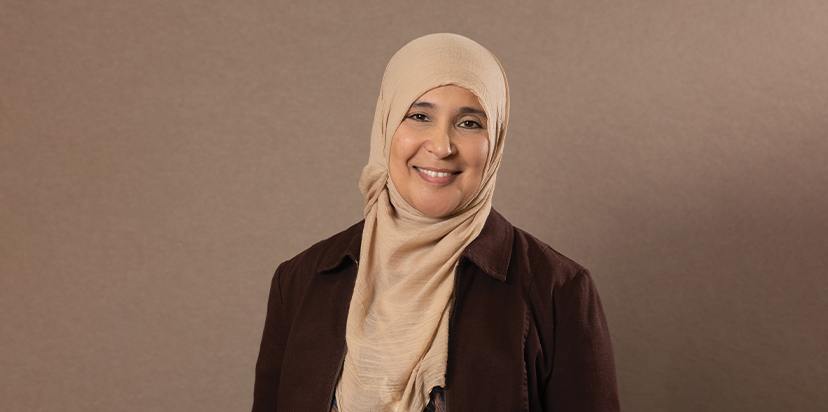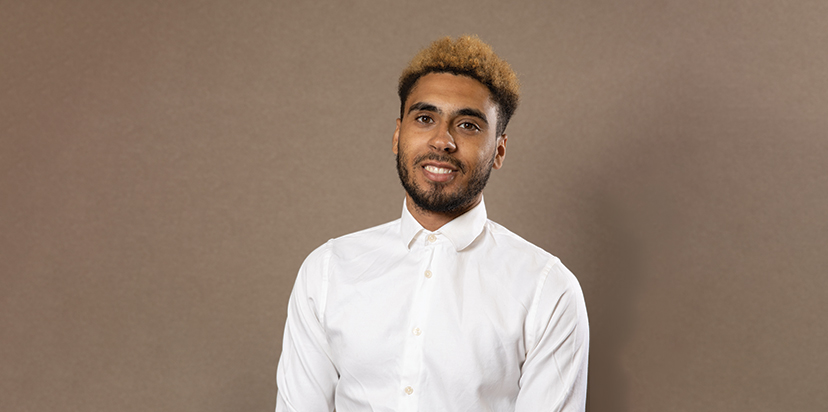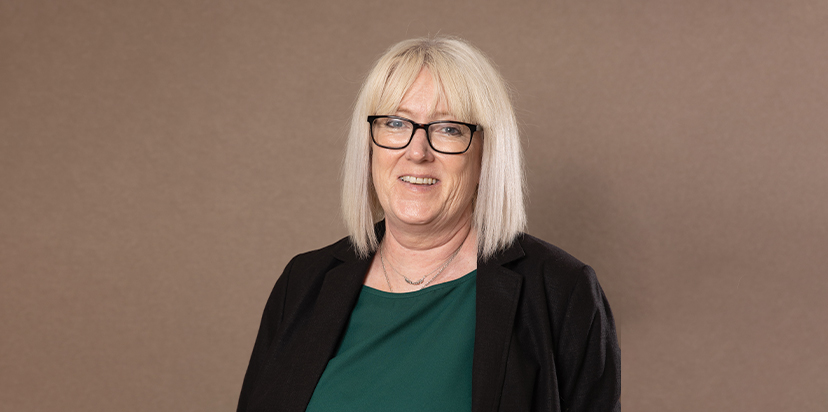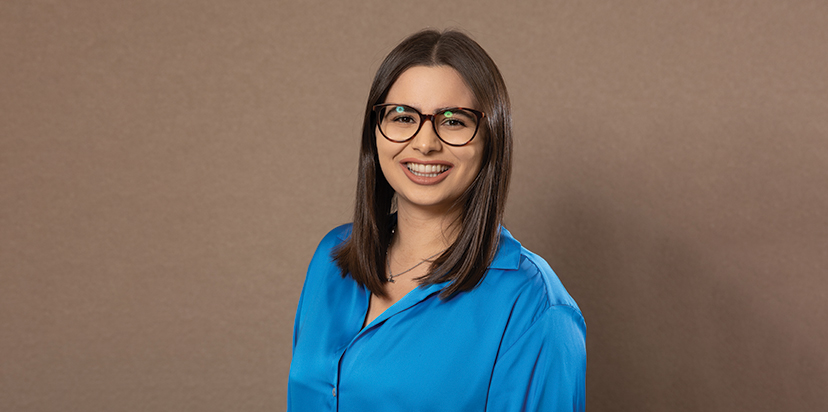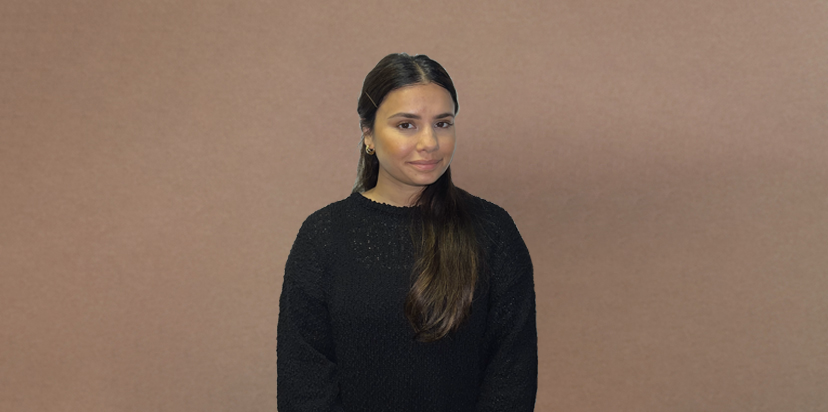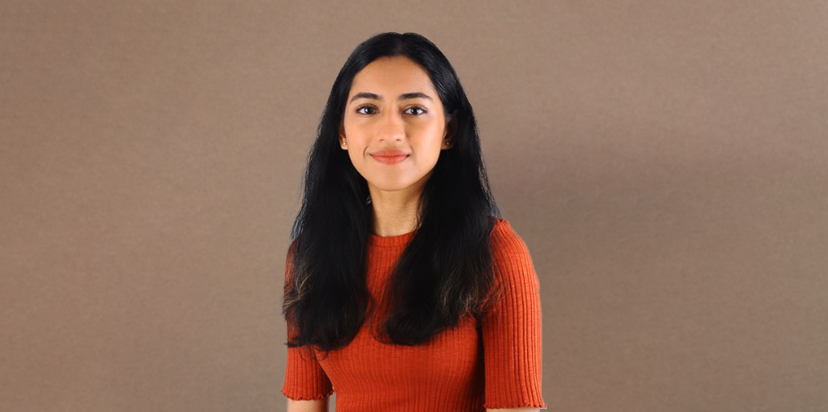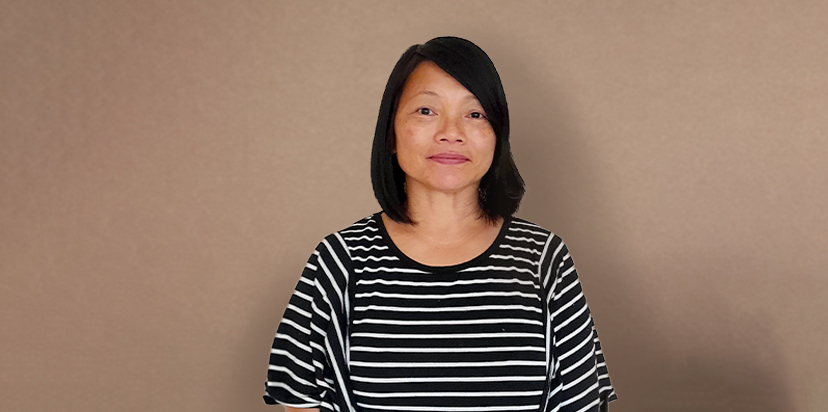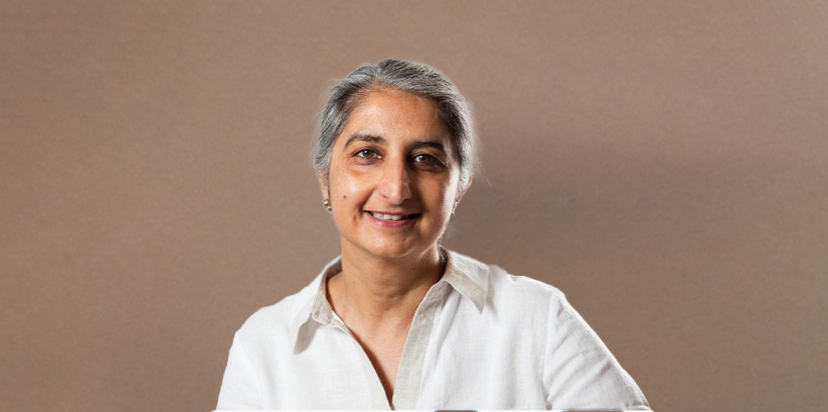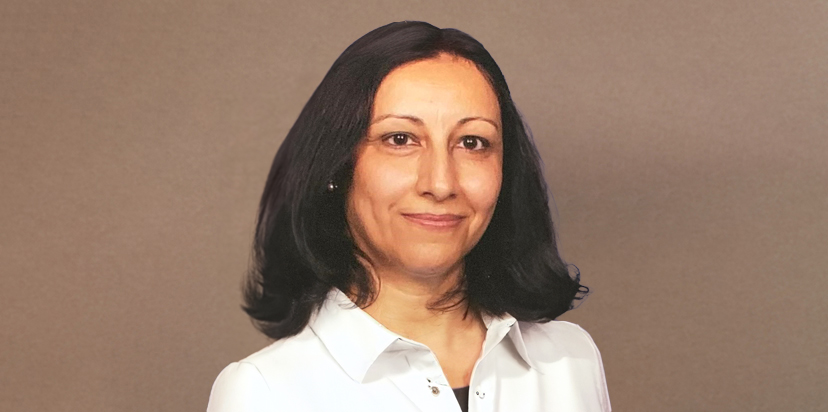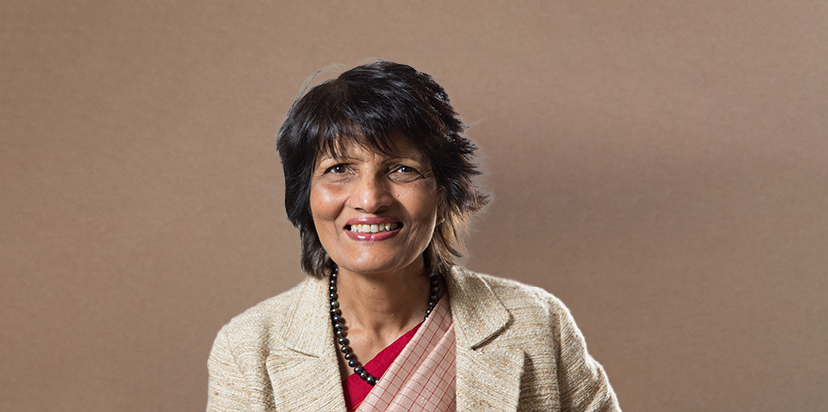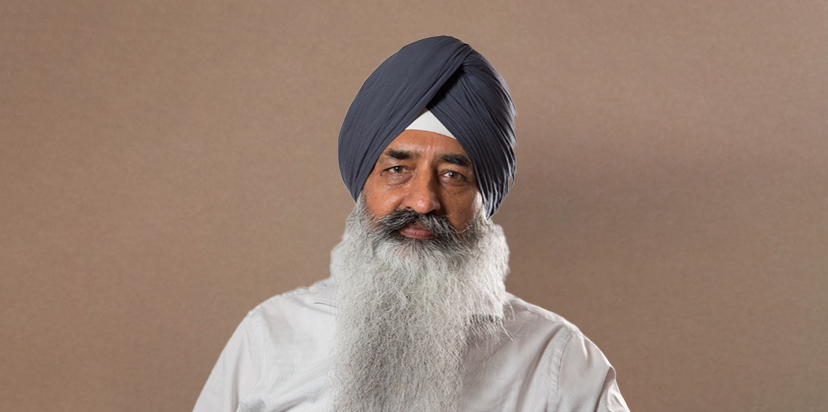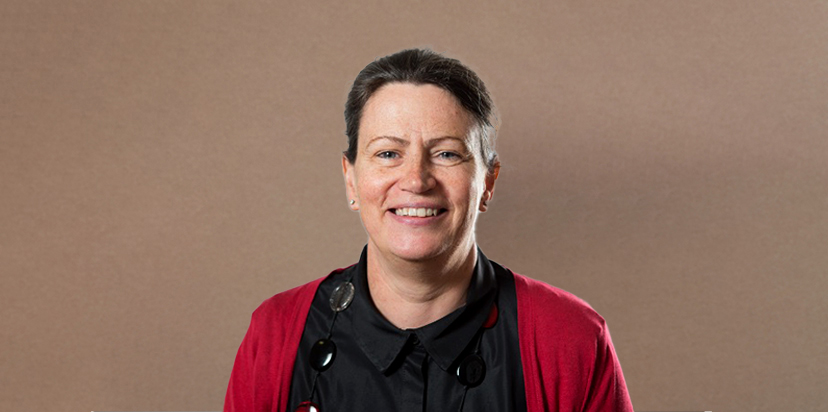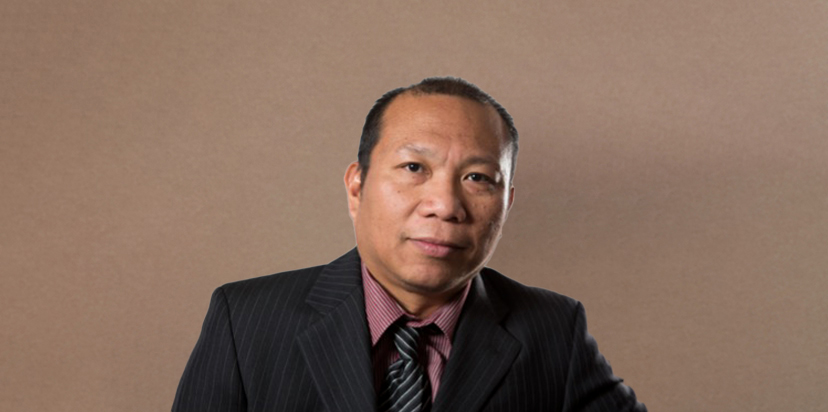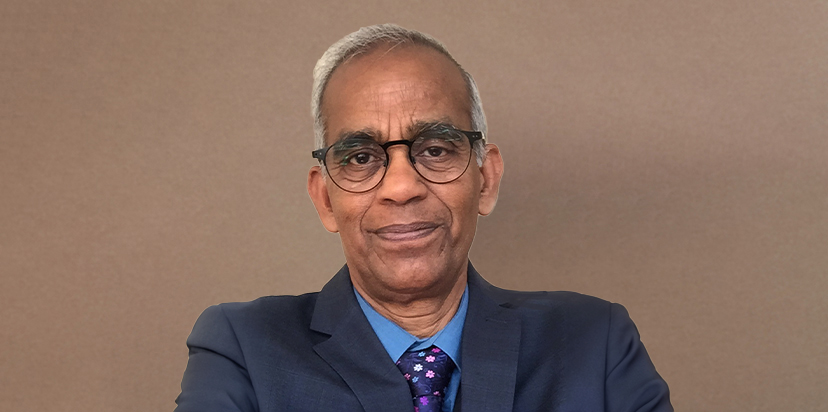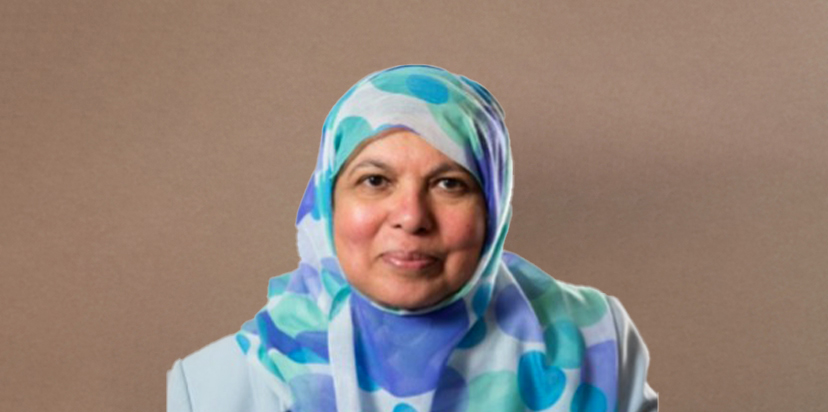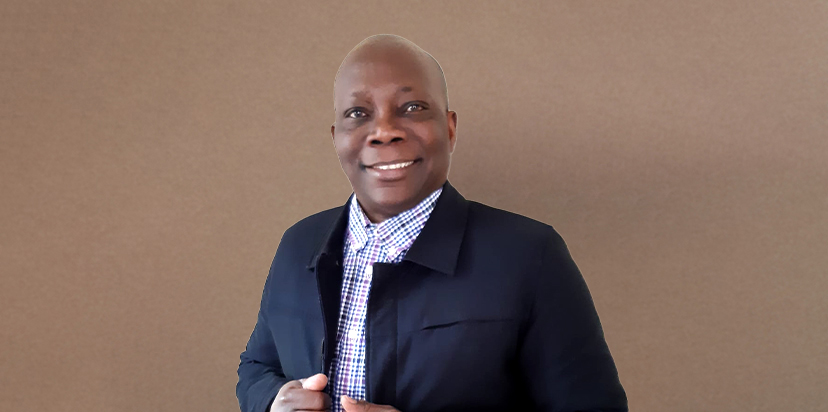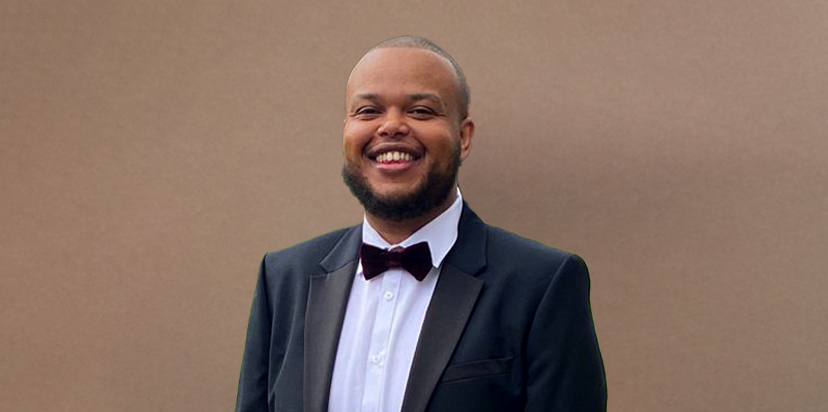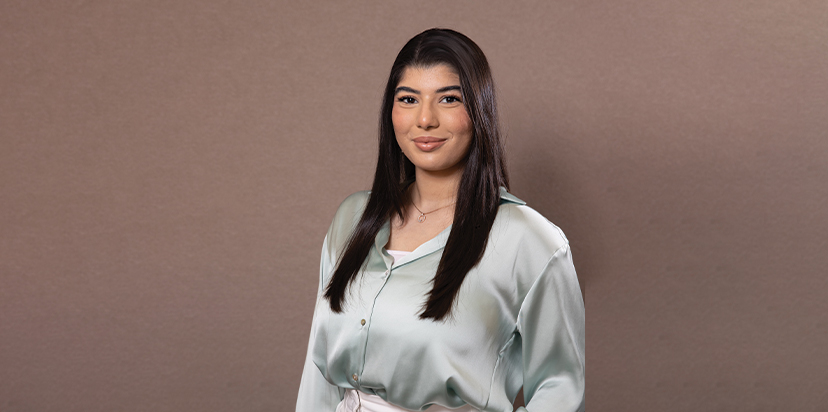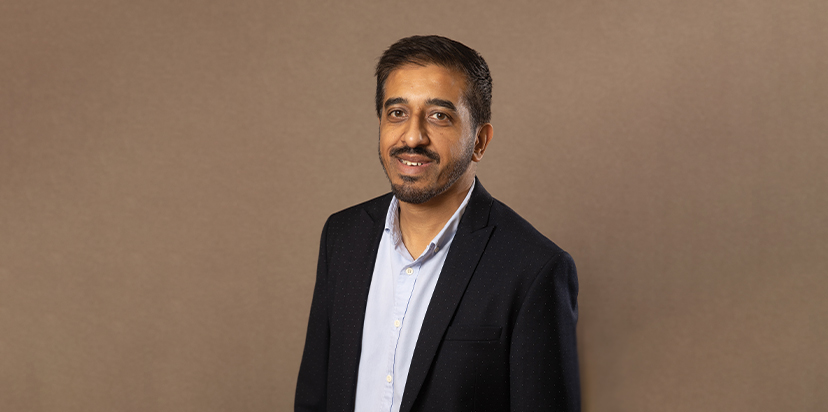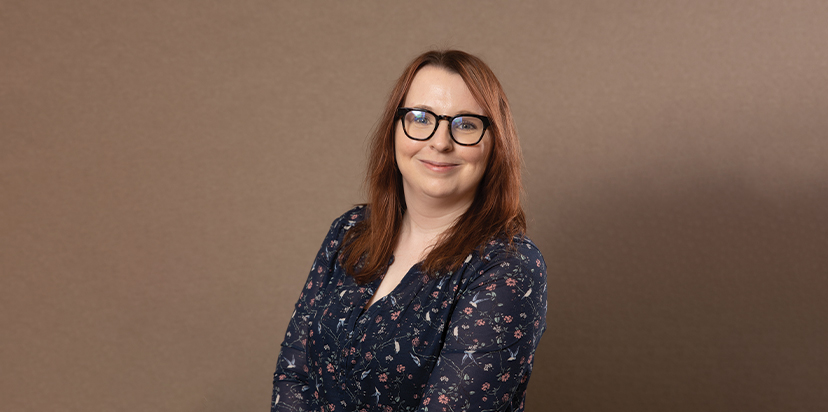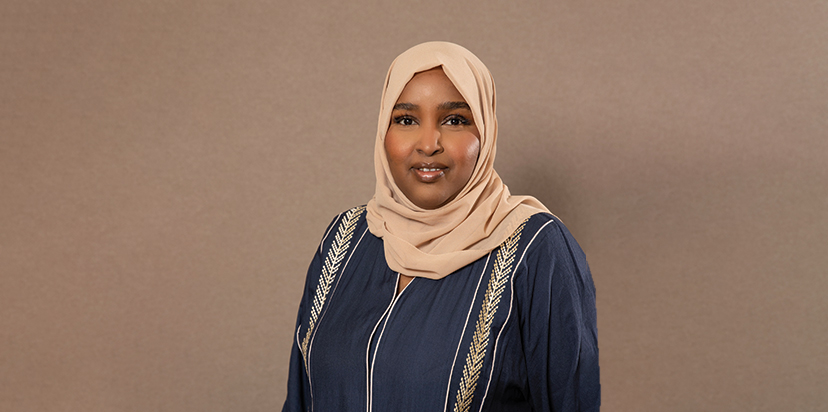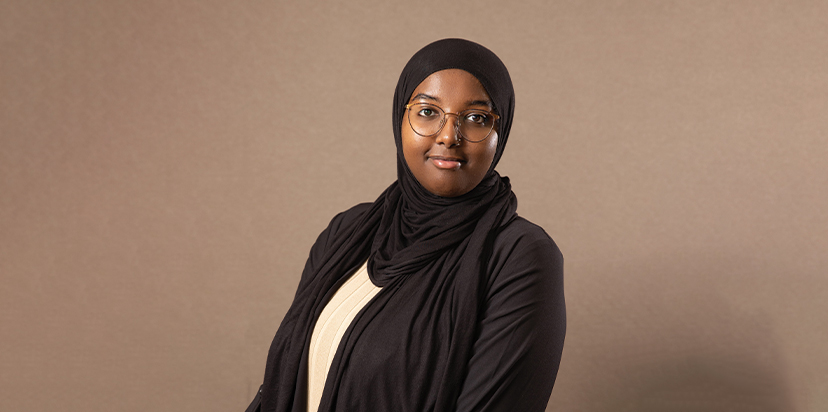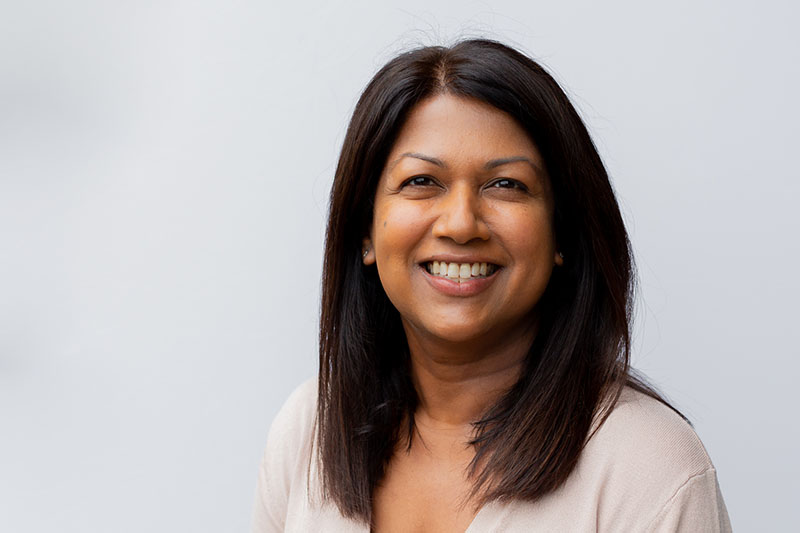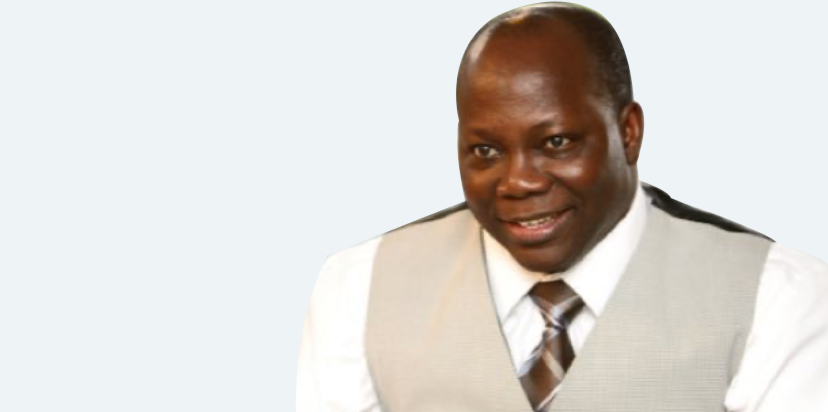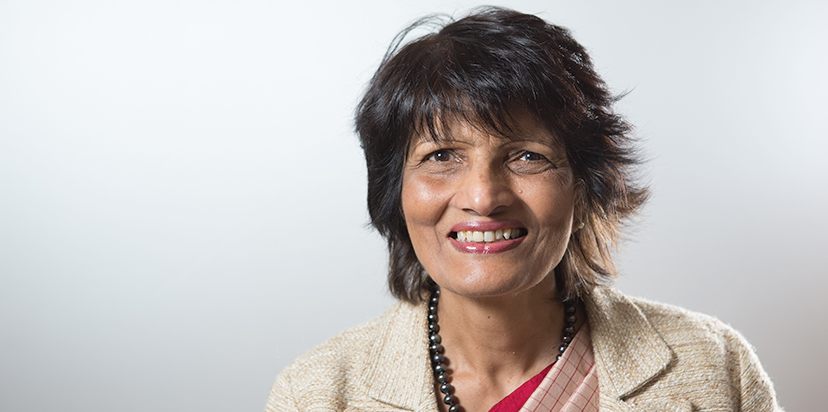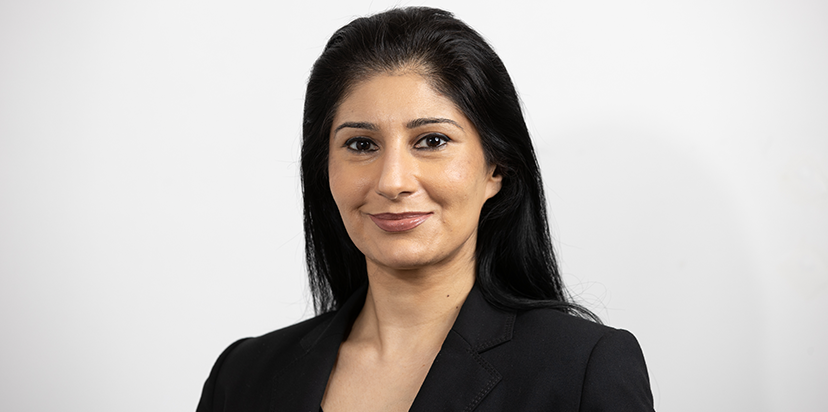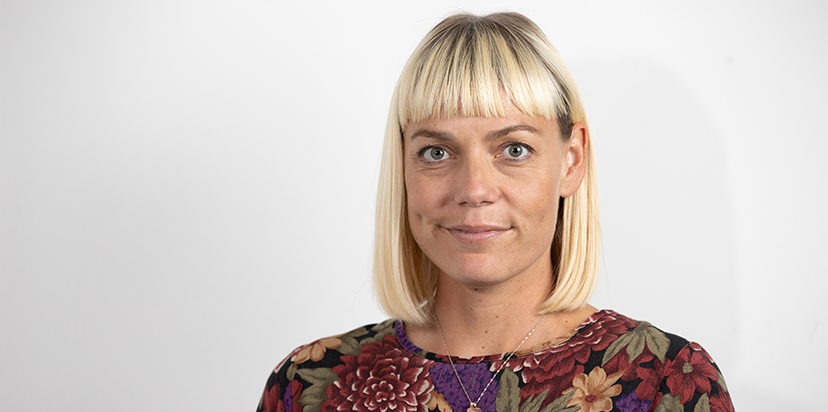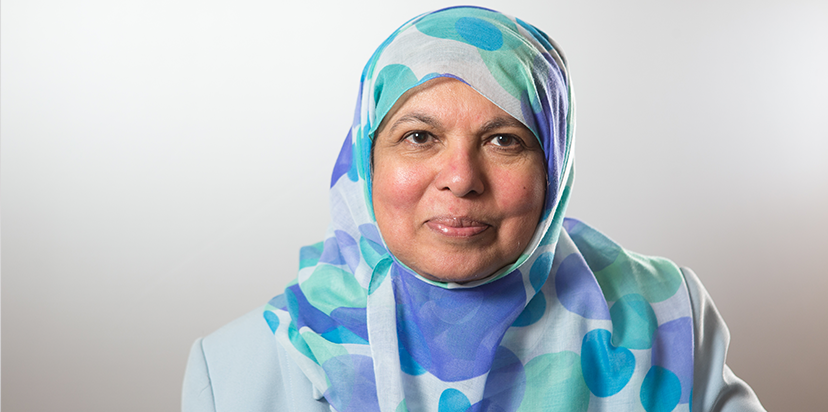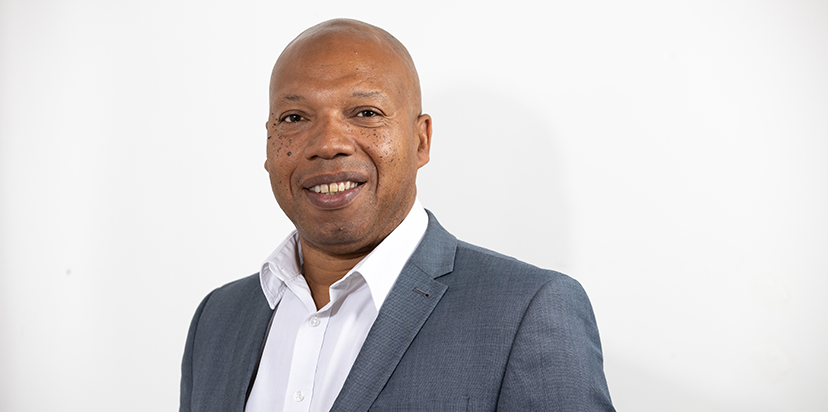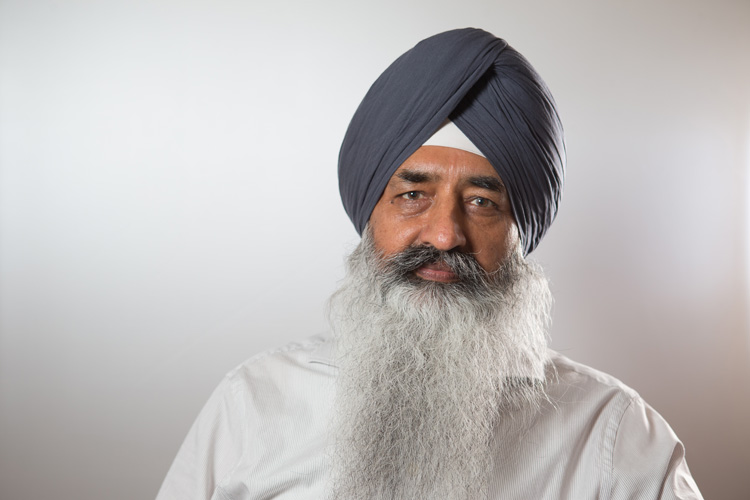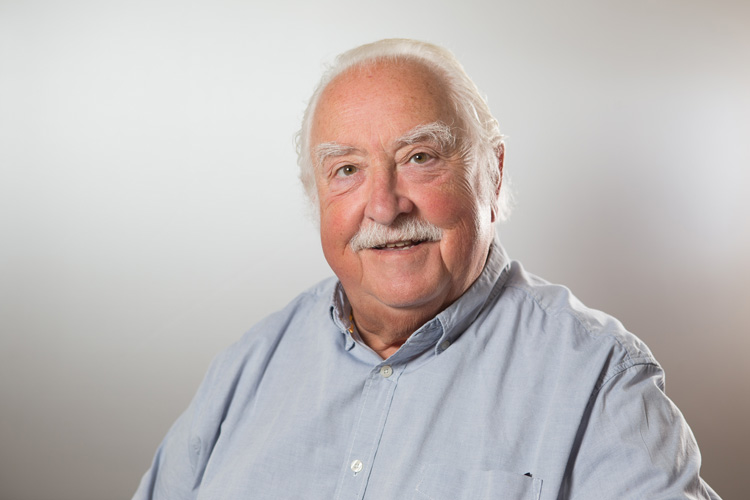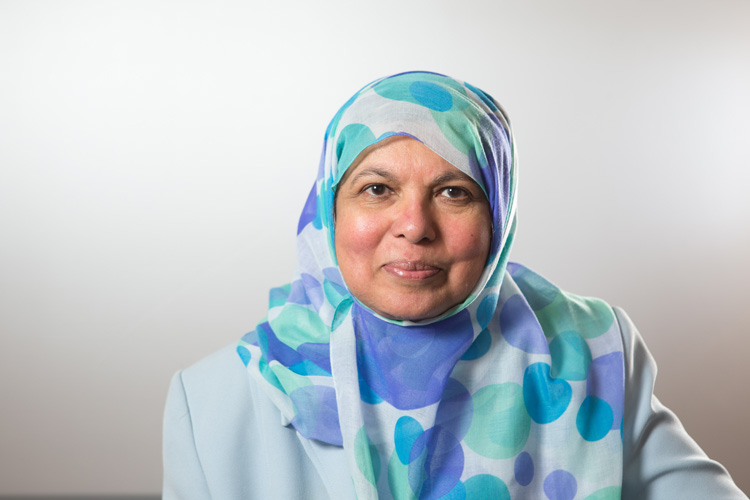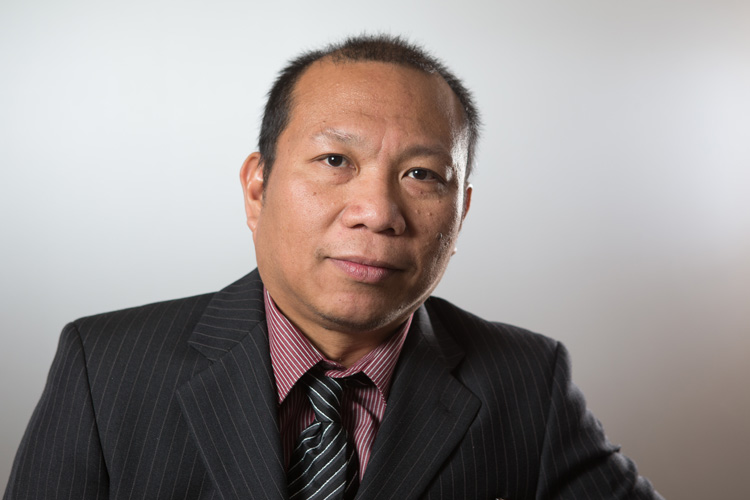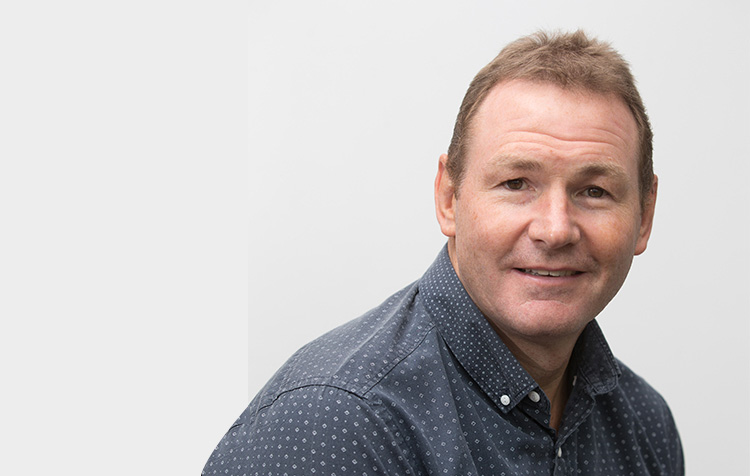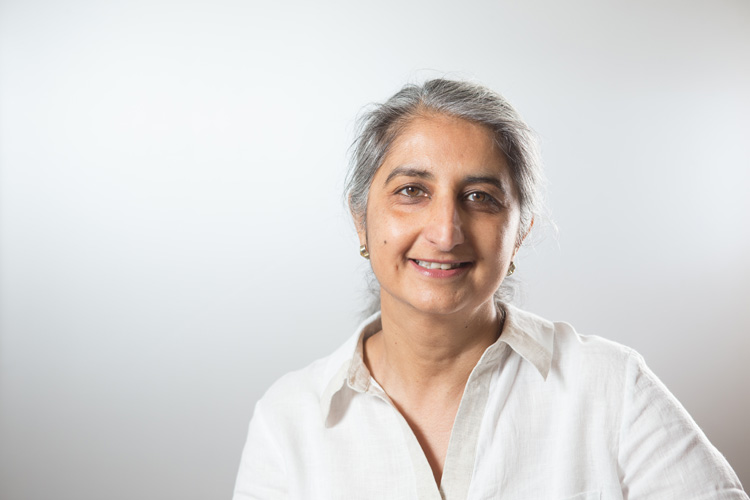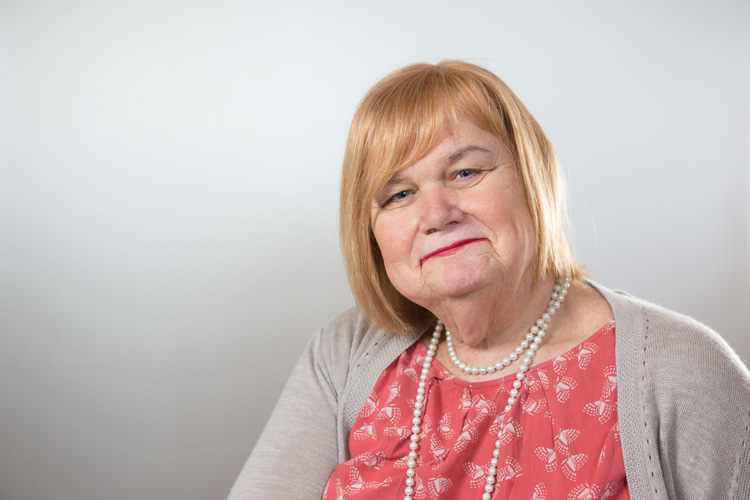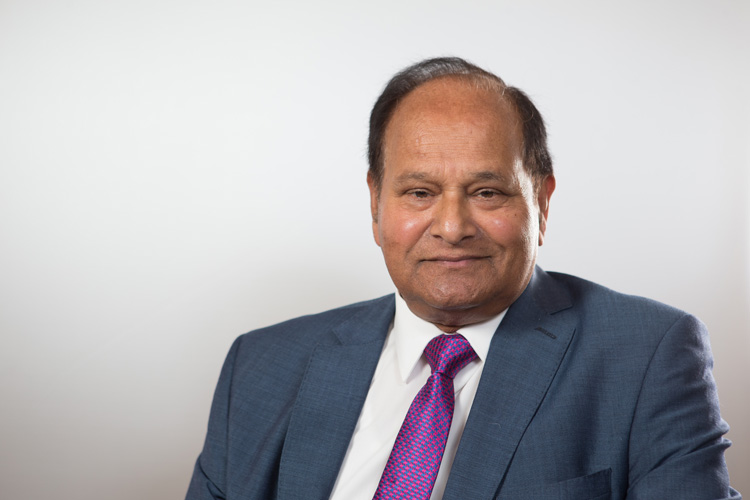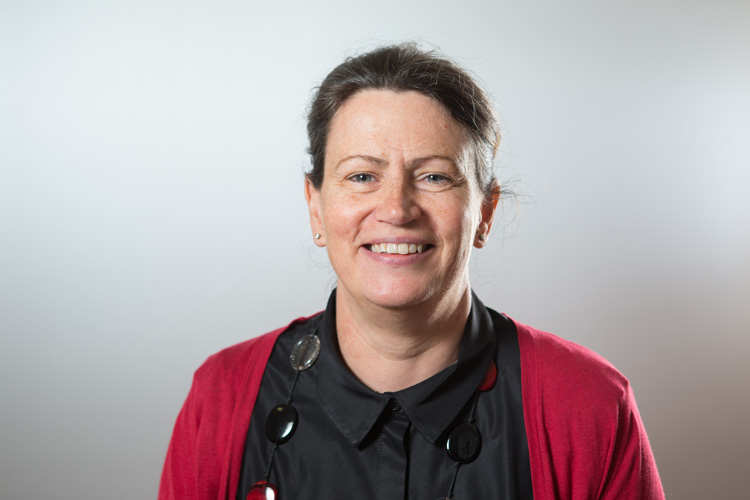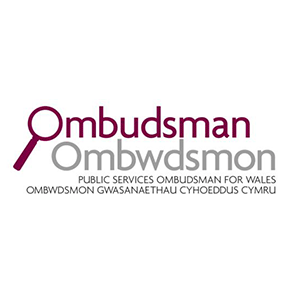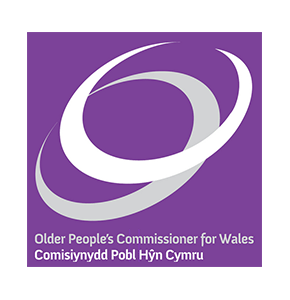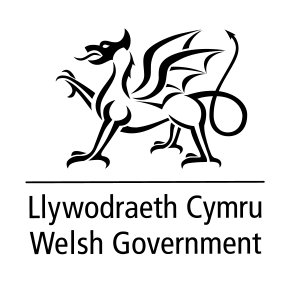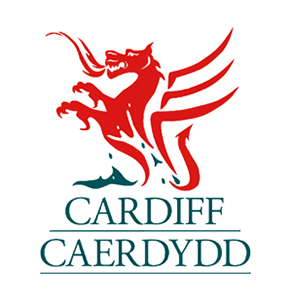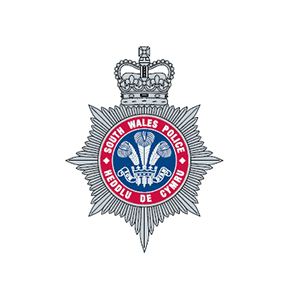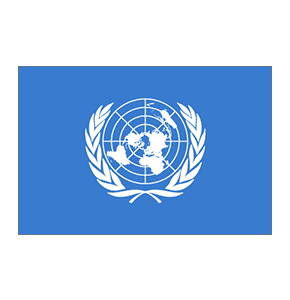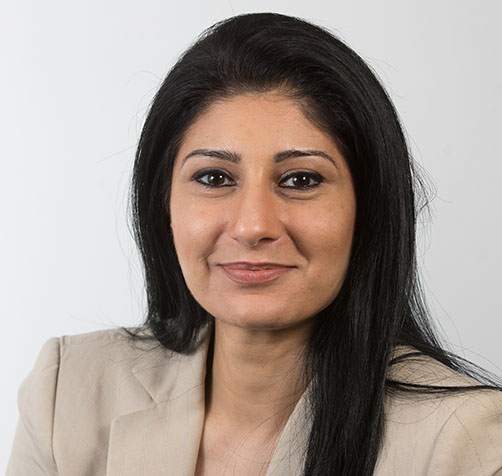
Our Impact
At Race Equality First, we are passionate about helping people. Here, we showcase the impact that the services we run have had on our beneficiaries’ lives and the number of beneficiaries we have interacted with for each of our services over the past year.
Hate Crime and Discrimination Casework Service
Our casework service provides advice, support, representation and advocacy for victims of discrimination, hate crimes or incidents under any of the nine protected characteristics within the Equality Act 2010 and hate crime legislation.
A Summary of our 2019-2020 cases:
- 162 cases in total (94 Male; 68 Female)
The referrals we received came directly from the victims themselves, their immediate family, South Wales Police or from one of our multi-agency partners.
- 15 people advised over the phone
These all related to racism in the workplace with no follow up required, due to the victims not pursuing the case or not having sufficient evidence to continue to the Employment Tribunal process.
- 47 employment cases
Cases involve both hate crime and discrimination elements, where clients faced harassment, victimisation, racial discrimination (direct or indirect) and discrimination by association. 19 cases have been dealt with either by way of mediation, ACAS or ADR. Two ongoing cases will end up in full tribunal hearings as no resolution can be sought.
- 19 racially motivated cases in Cardiff schools and colleges
We receive numerous complaints from students and their families about the way racial abuse issues are dealt with in education as well as what would seem to be the way in which BME students are treated less favourably, for example in schools where students are put in the bottom set of their form class.
- 7 neighbour nuisance cases
We have noticed a rise in hatred and prejudice from tenants against BME families, especially against refugee families fleeing war torn countries, whether the accommodation is NASS, Housing Association, council or private rented accommodation.
NB. Some clients have multiple cases.
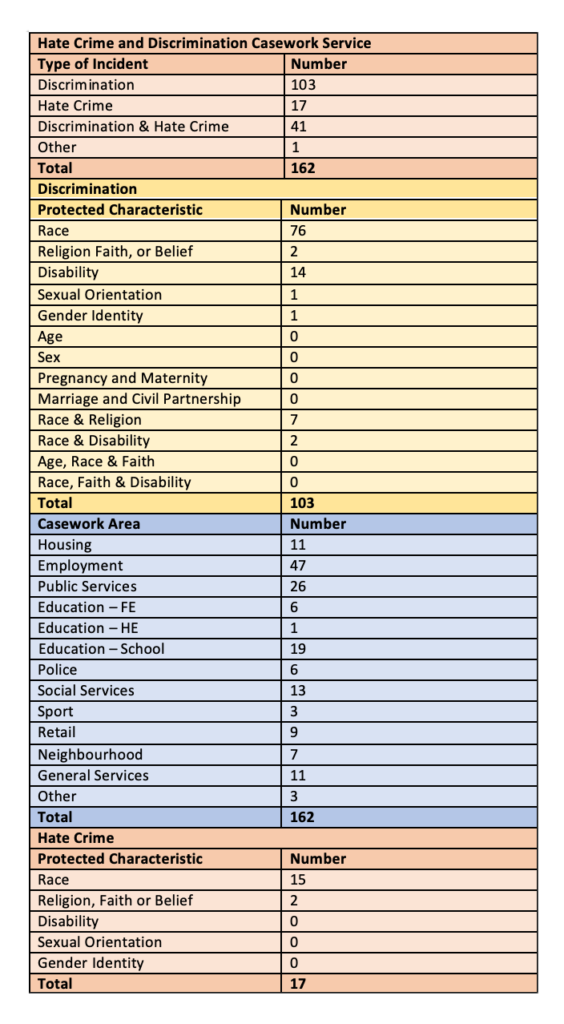
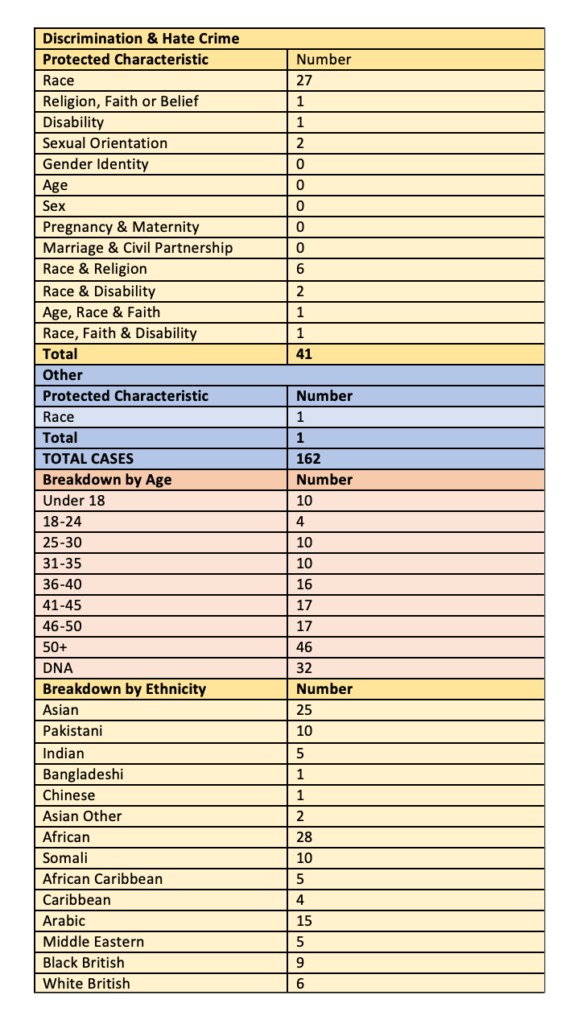

Case Studies from our Hate Crime and Discrimination Casework Service 2019 – 2020:
Case Study 1:
We supported a man of African Caribbean heritage who was the subject of discrimination in the workplace. The client worked as a van driver and was the only BME member of staff. Throughout the 3 years of his employment with the company he felt he was being singled out by his foreman unfairly and that he was being treated differently to other staff members. The situation came to a head when he and another driver, due to heavy traffic, arrived back at the yard after the gates had been closed for the evening. Both drivers had to park their vans in a safe place outside the gates until the morning. However, the following day our client was called in by the foreman, but the other driver was not. REF got involved and contacted the regional HR officer to make a formal complaint on behalf of the client for victimisation and direct racial discrimination. Within 5 working days our client had received a formal written apology from his line manager, and we can report that to date there have been no further issues.
Case Study 2:
We supported a Muslim family who were subjected to several hate incidents which led to a very unpleasant hate crime based on racial grounds with religious overtones. The front room of their terraced house led directly onto a busy street and prayer music could be heard on the street coming from their living room several times a day. Unknown persons would hammer on the front door and front windows and then run off shouting “Muslims go home.” At this point a very distressed client rang REF, as the previous evening their rubbish bins had also been set alight causing damage to the wooden front windows and causing smoke fumes to enter the house. We immediately rang the police and we contacted Victim Support to see if they could assist with security equipment for the family. Victim Support recorded the incident as a racially motivated hate crime with religious overtones and attended the following day to fit overt security surveillance cameras, smoke alarms and provided the family with personal distress devices. Since this incident there have been no reports of any further issues.
Case Study 3:
Our Client worked in a retail shop at the McArthur Glen shopping centre. After 6 months the client was doing so well that her line manager offered her more responsibility by working out the shift rotas and ordering stock, as well as becoming a key holder. This meeting took place on a Thursday to commence the following Monday. The client, who is a white female, at closing time on the Friday was met outside the shop by her partner who is BME. When her line manager saw him, he hurriedly said bye and rushed off which was very out of character for him. Nothing was mentioned about the extra responsibility the following week and a work colleague showed her Facebook comments from her line manager which illustrated his bias towards BME people. Our client who was still on probation decided to apply for a job as manager at another store at the shopping centre which she got, but she did not want to leave this outstanding issue to rest before she left and contacted us. We contacted the shop and informed the HR team that this was a clear case of direct discrimination by association. The client received an additional 6-weeks full pay as compensation plus a glowing reference for her new job where she remains employed.
The impact of the Hate Crime and Discrimination Casework service on improving beneficiary’s lives is further demonstrated with the following words from clients of the service upon the closure of their case:
- “A very good service to be able to access – my caseworker was very helpful and knowledgeable, thank you.”
- “My caseworker was very supportive, informative and communication was to a high standard, keeping me informed at all times in relation to my case.”
- “Thanks a lot for your excellent work.”
- “My caseworker was very kind and helpful.”
MEE in Mind
The MEE (Minority Ethnic Elders) in Mind project aims to increase the value of our elders by encouraging young people to work alongside them and exchange skills and knowledge. The project covers the whole of Wales and is funded by the National Lottery Community Fund (formerly Big Lottery Fund). To date, the project has engaged 1,714 participants and created 26 regular activities across Wales.
NB. Some clients are supported in more than one way.
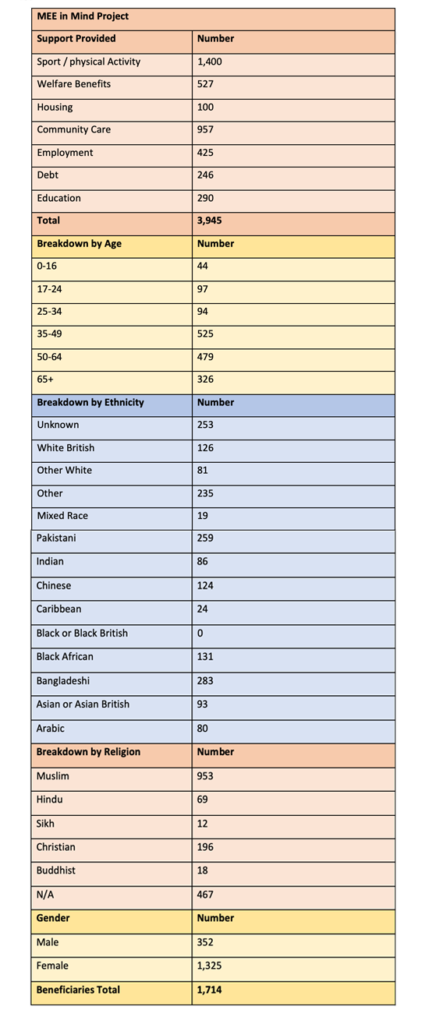
A Summary of MEE in Mind’s ongoing activities across Wales:
Walking group – This activity has become one of REF’s most popular sporting activities, with beneficiaries from other inactive groups regularly attending.
Weekly Circuit Training – A popular and well-attended intergenerational circuit session.
BME Women’s Swimming Club – A weekly, intergenerational swimming session, very well attended by the whole family with 450 participants across all weekly sessions.
Extends Exercise – This session is aimed at all ages and abilities. It has proven to be very popular, with over 40 beneficiaries attending every week. They enjoy the exercise, the social aspect and also the advocacy support they receive from our volunteers and from their peers. This is a very active group, and always welcoming to any health awareness sessions offered to them.
Drop-in sessions – Drop-in sessions are available at all our activities.
ESOL – Learning English is paramount as it enables our beneficiaries to integrate into the community and helps them to be able to carry out simple tasks such as getting from A to B, shopping, and talking to their children’s teachers. This will inevitably help them feel part of the community and can also help with increasing our beneficiaries’ employability.
Healthy Eating Sessions – Over the course of ten weeks, intergenerational healthy eating sessions were delivered to our groups. The aim of the sessions was for our elders and young people to exchange recipes and cooking tips, to raise awareness of the importance of a healthy diet among BME communities and promoting ways of doing so. Beneficiaries left the sessions equipped with new cooking skills and healthy recipes.
MEC Health Fair – The MEE in Mind Project works in partnership with a large number of organisations to plan and deliver an annual health fair. A priority of the health fair is to enable face-to-face interaction between BME community members and health and wellbeing professionals through information stalls; health checks and presentations. In addition to this, taster sessions for various activities are provided, such as massage, dance demonstrations, face painting and board games (to encourage the younger generation to attend). This year, all our beneficiaries were encouraged to attend and take part. The total number of attendees was 430 from across Cardiff, Newport and the Vale of Glamorgan.
Health Awareness Session – We have delivered a number of health sessions to educate our beneficiaries on different health issues and on how to manage pre-existing conditions. These sessions help beneficiaries identify early signs of illness and are a safe space for them to discuss symptoms. MEE in Mind champions have been trained to regularly support beneficiaries. During the sessions, beneficiaries have the opportunity to learn more about bowel screening, cervical screening, breast screening and the importance of attending appointments. In addition to this, they also learn about nutrition and about how to enjoy their traditional dishes in a healthier way.
Lunch Club – In this club, the older generation teach the younger generation how to cook traditional dishes, and the younger generation teach the older generation how to cook western dishes. This ensures mutual feelings of value and respect, whilst also ensuring each generation is inspired by the other. The club is an opportunity to socialise and eat freshly cooked, nutritious meals. It is also a chance to talk about balanced diets and which foods are best for certain illnesses.
Aunties Night – A fortnightly activity where the younger generation share simple exercise, games and entertainment with the older generation. A meal is also provided.
Celtic Capability Sailing Session – Celtic Capability Sailing provided a tester session for our beneficiaries to encourage greater participation from the BME community in sailing. These sessions were thoroughly enjoyed, and it was requested for these sessions to be repeated. Due to this feedback, we are working with Celtic Capability Sailing to hold more sessions in the near future.
Cosy Corner Café – This group is for people who feel isolated from the community and who are not currently engaged with any other activity. They come together once a week to socialise and meet new people over a cup of tea or coffee.
IT/Computer Skills – We encourage our beneficiaries to enhance their computing skills to increase use of modern technology and the confidence to apply for jobs.
Coffee Morning – This is a great way to tackle loneliness and isolation within communities. It helps with making friends, building confidence, encouraging community cohesion and, to some extent, eliminating racial discrimination.
Arts & Crafts – These activities help showcase the talents of our beneficiaries and stimulate their creativity. They have also commented that doing arts and crafts has helped them with managing their mental health. The end product often makes them feel proud and, most importantly, happy. After attending the sessions and becoming more skilled, some beneficiaries have been able to deliver their own arts & crafts sessions to our groups.
International Women’s Day – This year we celebrated the day by watching a documentary at the Riverfront on women’s rights and empowering women in the workplace. Our beneficiaries took part in singing in a choir in front of an audience of over 100 people and it was a great opportunity to network with other organisations.
Flower making – The flower-making workshop allowed our beneficiaries to be creative in a relaxed atmosphere. They learnt new skills and shared ideas with each other.
Stained Glass Art – The beneficiaries brought jars, vases, frames and glasses to paint on and made a personalised gift for their loved ones. For some beneficiaries, it was their first time trying stained glass art and they left feeling inspired by the finished product.
Men’s Badminton – Often, the male members of the BME community are reluctant to take part in social groups, but we have managed to set up a men’s badminton group. This group has over 30 beneficiaries that regularly get together to play badminton, make friends and get fit as well as tackle loneliness and isolation.
Social Group – We run social groups for the BME community in Newport to come together to share their concerns, make friends, gain local knowledge and become support networks for each other.
Food Safety Qualification Level 1 & 2 – We have successfully attained food safety qualifications for some of our beneficiaries who can now start their own catering business or get jobs in the food industry.
Stop & Search Focus Group – We worked in partnership with Gwent Police to inform the youth about their rights and how to make a complaint if they were not happy with the service they received from officers i.e. when officers conduct a stop and search.
Racism & Discrimination Workshop – Our beneficiaries are not always aware of their rights within the law, and so the racism and discrimination workshop proved to be useful and enlightening for everyone who attended.
Interfaith Event – We always encourage our beneficiaries to take part in interfaith events. These events allow them to learn about other faiths and socialise with people from different religious groups. Our group took part in the interfaith choir which aims to bring people of different faith groups together to show their commitment to eliminating racism and prejudice from our society.
Advo Café – We offer drop-in services in local mosques, churches and cafés, as well as conduct home visits. These drop-in sessions help our beneficiaries with the following issues:
- Welfare Benefits
- Housing
- Care packages
- Passport applications
- Residential Care
- Health
- Family issues
- Domestic abuse
- Language barriers
- Immigration/Asylum Seeker & Refugee support and applications
- Destitute client funds
We work very closely with local organisations, community groups and local authorities to provide the best support possible and enable our beneficiaries to live independently in a safe environment.
A case study from our MEE in Mind Project 2019 – 2020:
Mrs M is in her late 60s. She retired early, sold her house, divided her wealth among her children and moved to live in sheltered accommodation.
She worked as a professional managing a large team. However, she started to feel lonely, isolated, withdrawn and lost all confidence. Mrs M reached out to us as she was moving house and our MEE in Mind officer noticed that her health was declining and that she was starting to develop early signs of dementia.
The officer was able to convince Mrs M to book an appointment with her doctor for a dementia assessment, and also referred her to the memory café group. To further combat Mrs M’s feelings of loneliness, she was assisted to attend local social groups near her, as well as joining our walking group. Mrs M was also referred to social workers and the first assessment was conducted before social distancing measures were implemented.
With the COVID-19 outbreak and self-isolation measures imposed, Mrs M has needed to rely on outside help for her essentials. The officer arranged with Mrs M’s local pharmacist to ensure the necessary medication is delivered to her address. Mrs M is also finding it more difficult to deal with her dementia. She has admitted that she loses sleep due to being worried about what she is seeing on the news, therefore the MEE in Mind officer has been in touch regularly to answer any questions and explain that she is not alone and that help is available. It has also been suggested that she watches the news only once a day, and not to tune in to every update. The officer has also encouraged Mrs M to stay active whilst at home, as doing so may help to keep her mind positive. Other suggestions made include:
- Developing a routine
- Following good hygiene
- Making a list of key professionals and their contact details, and to keep it somewhere visible.
Mrs M appreciates our help and support and finds our explanations of things easier to digest. The officer will keep in touch with social services on Mrs M’s behalf and continue to support her during this time until she has more confidence and is able to return to some form of normality.
The impact of the MEE in Mind project on improving beneficiary’s lives is further demonstrated with the following words from beneficiaries:
- “I found out about the great work Race Equality First is doing in the community through my friend, I contacted them and the next day I received a food pack and art and craft things for the children. Since then Race Equality first have continued to support us every week, really grateful!” – Zhi
- “Thank you Race Equality First for helping me and my family to claim my children’s school meals, EMA, food parcels and arranging for a free laptop from the school after they’ve refused for weeks, we couldn’t have done it without your help,” – Asha
- “I’m so grateful to Race Equality First for helping me and my family when we’ve lost our jobs and found ourselves homeless, within a day we’ve got temporary accommodation and food parcels were sent to us twice a week. Thank you, we are forever grateful,” – Rafiqa
- “If it wasn’t for Race Equality First my children would’ve missed out on their school work as we struggled to access online schooling due to lack of devices, schools didn’t answer our call or respond to our emails and when Race Equality First got involved the school contacted us a few days after and offered us a laptop! Thank you for your help,” – Saeeda
- “I live by myself and suffer from depression and when Race Equality First contacted me to make sure I’m managing fine, I was really happy that someone remembered me and cared about me. Since then, every week I receive a food parcel and a phone call to reassure me and to ease my anxiety level caused by the lockdown and all the bad news I see on TV. Thank you,” – Kirti
Healthy Minds
Our Healthy Minds Project was funded by Mind UK and Awards for All from March 2019 to March 2020. The project provided one-to-one counselling sessions and peer support groups for young people aged 18-24 and women of any age.
- 88 cases undertaken in total (10 Male; 78 Female)
The referrals we received came directly from the clients themselves or were professionally referred to the service through various local organisations such as Cardiff University and Welsh Housing Association.
- 50 people accessed the counselling service
Each client had the opportunity to talk to a qualified Integrative counsellor about any issues they might be experiencing. Clients were all offered a safe and confidential space where they would not be judged, the counsellor encouraged them to talk about their thoughts and feelings, and explored ways of coping.
- 38 women accessed our peer support group
The peer support group provides a safe space for women who have had similar experiences to meet, talk and share in a non-judgemental, culturally and religiously sensitive environment, where they can create new friendships, have opportunities to join different wellbeing based activities and learn more about wellbeing and coping with different issues.
- Anxiety was the most common presenting issue
Difficulty coping with anxiety was a reported issue from clients across different ages, ethnicities, genders, religions and varied socio-economic statuses. Anxiety tends to involve frequent self-critical thoughts, having a sense of dread about the future and has various effects on the body such as increased heart rate, feeling dizzy, nauseous and/or experiencing hot flushes. Although anxiety is a valuable innate emotion that help’s to keep a person safe in times of danger, continued high levels of anxiety can negatively impact many aspects of a person’s life such as their self-esteem, communication, self-care, sleeping habits, relationships, confidence, ability to focus on work or studies and simply being able to enjoy leisure time.
- Positive and reliable change
All counselling clients completed a CORE questionnaire during every counselling session, in which levels of distress and risk are scored 0-40. After ending counselling, clients reported, on average, a reduction of 7.7 in their CORE score, which Oxford Brookes University describes as positive and reliable change.
NB. Some clients had multiple support.
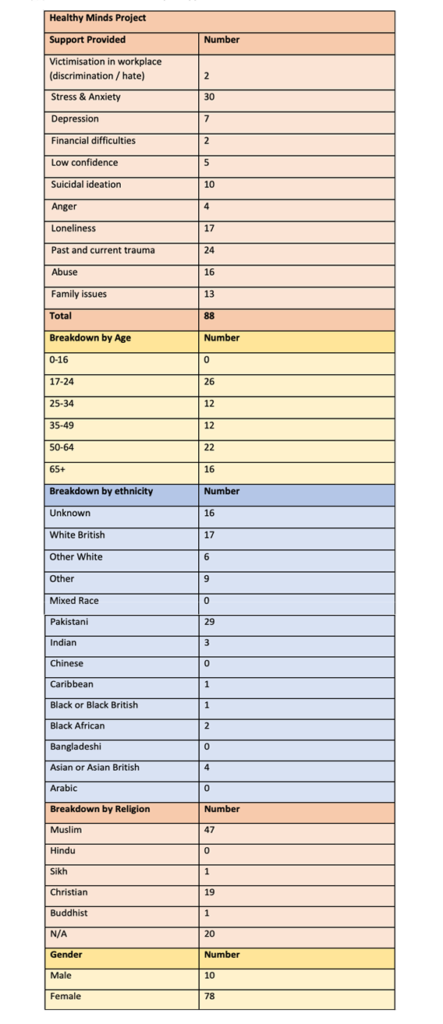
Case Studies from our Healthy Minds Project in 2019 – 2020:
Case Study 1:
Miss J is a 24-year-old who had a difficult relationship with her family members, and was experiencing anxiety, anger, low self-worth and low mood which she was finding was becoming more difficult to cope with. Through humanistic, compassion-focused and creative interventions such as stone therapy, Miss J was able to explore past experiences with her family, gain insight into these dynamics, express her feelings of anger and upset, and develop increased understanding of her own emotions and coping strategies. We identified some of the anxious thoughts Miss J often experienced, and used CBT interventions such as a thought trial to collect evidence for and against an anxious thought, which would tend to suggest the thought was unfairly self-critical, and then create a more fair and useful replacement thought. We explored how this replacement thought positively impacted her emotions and behaviours, which in turn encouraged more fair and useful thinking patterns. Miss J then started to engage more with self-care activities and used techniques such as the thought trial to challenge various anxious thoughts. Miss J described how processing her anger toward her family resulted in feeling more acceptance and resolve and allowed her to shift focus towards self-care and self-development. The client then reported lower levels of anxiety and stress, and improved mood and general wellbeing.
Case Study 2:
Miss P is a 42-year-old who was a victim of a violent assault, and has since experienced increased anxiety, difficulty sleeping and unexpected flashbacks of the assault which were overwhelming, all of which was impacting her ability to attend and focus on work. Main aspects of the counselling were focused around creating a space in which Miss P could tell her story and re-visit the traumatic event in a safe way, identifying activities and places that gave Miss P feelings of safety, identifying and understanding triggers for anxiety, using Miss P’s ways of coping and experimenting with different ways of coping, such as through mindfulness and grounding techniques. We also did work around nightmares related to the assault through creating an improved ending to the nightmare in which Miss P could feel safe. Through talking in counselling Miss P developed increased awareness and understanding of her emotions and thoughts, which resulted in increased support as she felt more able to talk about her difficulties with others outside of counselling. Miss P then reported improved sleep and felt better able to cope with anxiety and flashbacks, which supported her to feel more able to focus and manage her work.
The impact of the Healthy Minds project on improving beneficiary’s lives is further demonstrated with the following words from clients after finishing their counselling course:
- “This counselling service has allowed me to be able to talk about the things that bother me without being judged.”
- “The counselling service has been excellent; I feel better and better equipped to deal with the challenges I face through exploring different ways of thinking.”
- “The counselling service has given me hope and reduced my stress.”
- “My counselling experience touched on methods of self-care and useful tools for use in the future with other difficult situations that might come up.”
- “I feel much better able to cope with anxiety.”
- “Anna was great; she really helped me and gave me lots of practical tips.”
- “I find it easier to evaluate situations by taking a step back and not letting things overwhelm me as much.”

